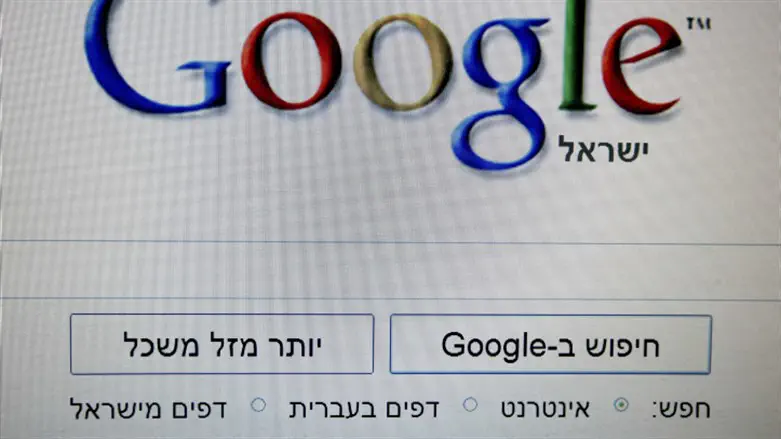
There is a language barrier to Aliyah that should not be ignored. For those not fluent enough in Hebrew, expect a long period of acclimation. This can affect employment prospects and necessitate time-consuming Hebrew studies.
Even after you learn to speak Hebrew fluently, expect to have an accent, one that will likely scar you for life. You will probably stand out in a crown of native speakers, a clear give away that you are not a native Israeli. In some ways, you should always feel like an outsider.
Although, no need to fret about that. You will not be alone. Israel is a country of olim. You just happen to be a late comer. Now, more than ever, is the time to correct that.
If you are not already fluent in Hebrew, now is the time to learn. All Jews should speak Hebrew, in my opinion. We are, after all, called Hebrews.
We are also known as the people of the Book. That Book is the Hebrew Bible. You should be able to read it in its original language. You are, after all, a Hebrew, aren’t you?
If you need to read translations of your own Book, consider that you have been deprived of a proper Jewish education. Where better to correct that than in Israel?
Israelis, even secular Israeli children, might be one step ahead of you. They can open the Hebrew Bible, read it, and understand its basic language. They can even speak the language and think in Hebrew. They can refer to the words personally and appreciate their sounds and poetry.
They can dream in Hebrew.
Is that not something you should want for yourself and your children?
Have you ever prayed from the Hebrew liturgy and found it to be foreign to you? Would you require an interpreter on Mount Sinai? Are you denied the pleasure of David’s psalms in their original form? When you make Aliyah to the Torah, do you get the feeling that it is all just some very respectable gibberish to you?
The language barrier to Aliyah is not a barrier specifically to living in Israel. It is a language barrier to your nation and to your heritage. It Is a language barrier to your Hebrew identity. It is even a language barrier to your Hebrew God.

Hebrew readers and speakers may be regarded as secondary prophets. They can query a question to God and receive His Answer in the Hebrew Bible. That’s right, God Spoke to us in Hebrew. If you don’t understand Hebrew well enough, well then, you will need a middleman to stand between you and God. You will need a translator, a type of human barrier, to stand between you and your God.
That’s right, God Spoke to us in Hebrew. If you don’t understand Hebrew well enough, well then, you will need a middleman to stand between you and God. You will need a translator, a type of human barrier, to stand between you and your God.
Sure, you can speak to God in English, and He will surely understand you, but He might not answer. Seeing as you are probably not a prophet, and God does not speak to you directly, you should at least want to read His Words directly, to be able to connect to Him that way on a personal level. Not being able to do so is a tremendous loss.
Hebrew readers and speakers may be regarded as secondary prophets. They can query a question to God and receive His Answer in the Hebrew Bible. It might take them time to study and better understand what they are reading and to bring the right answers to light, but they have access to the direct testimony of prophets. They have direct access to the Word of God. Those who are not fluent in Hebrew do not.
In light of these revelations, I think it would be unfair to view the Hebrew language as a barrier to Aliyah. Certainly the language barrier is there, but it is a language that you should have learned to begin with as a Hebrew child.
Your lack of knowledge places you at a great handicap as a Jew, like a child who has not learned to speak his father’s tongue. This is an error that you should naturally want to rectify, whether you make Aliyah or not.
You should view Aliyah as a great opportunity in this regard: You will get to learn Hebrew in the Holy Land.
Yshai Amichai made Aliyah from Los Angeles in 2001, settling in Israel, where he met his wife and where they raise their six children. He may be contacted at: yshaia@gmail.com